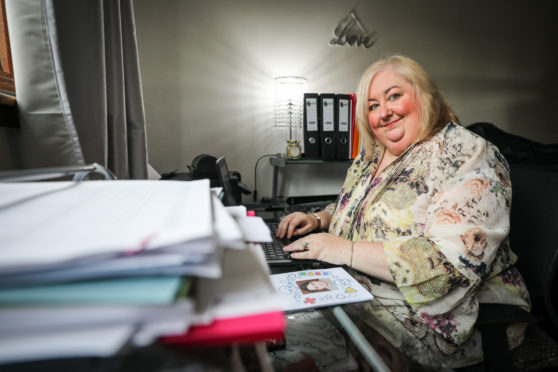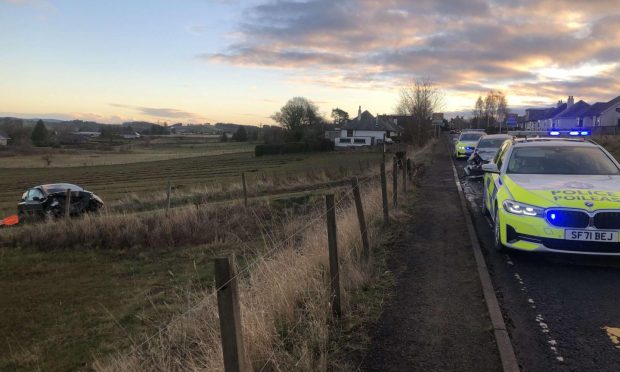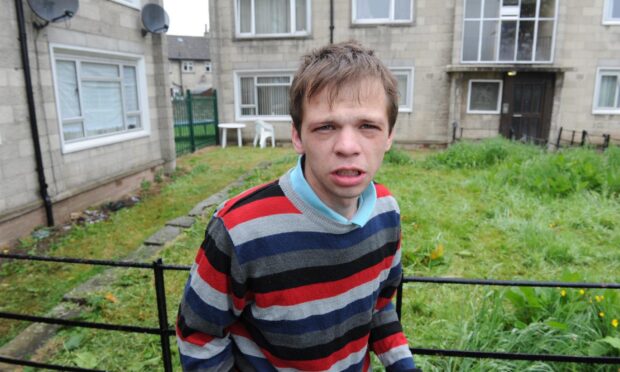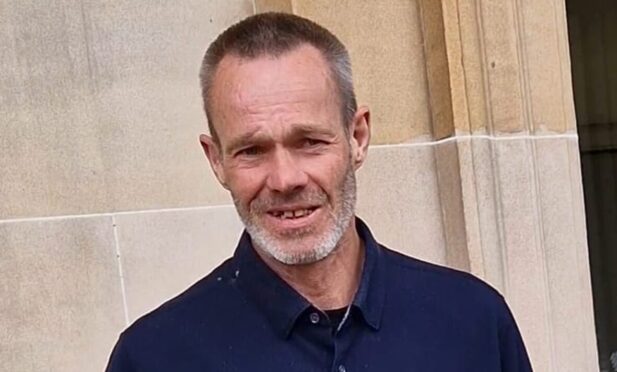A Monifieth mother has won a long-running battle to get the Scottish Government to change the rules on the use of restraint in schools.
Beth Morrison began campaigning nine years ago after her son Calum was restrained by staff at Kingspark School in Dundee.
A medical expert, who had not examined Calum but was given details of a GP examination from the police, said the injuries were likely to have been consistent with a face-down restraint.
The Scottish Government was to carry out a judicial review into the use of restraint but education secretary John Swinney is now to issue new guidance to schools and teachers on how children should be restrained.
Both the Equality and Human Rights Commission Scotland (EHRC) and the office of the Children and Young People’s Commissioner Scotland (CYPCS) have called for changes.
Ms Morrison said: “I am delighted. This is the culmination of a lot of hard work over many years. Finally, the government has listened.
“If there is one thing I am disappointed about, it is that they have not just made this law straight away.”
However, Ms Morrison said she is not surprised by the decision as the Scottish Government is set to enshrine into law the United Nations Convention on the Rights of the Child, which would make some forms of restraint illegal.
She said: “Children who are disabled are disproportionately affected by this. I am working with 436 families in Scotland on this and not a single one of their children is neuro-typical.
“It happened to Calum because he had not language. He was distressed about something, we don’t know what, and the staff’s response was to hold him down on the floor. It’s got to stop.”
Ms Morrison added: “Staff must be supported and given the right kind of training.”
Lynn Welsh, head of legal at the EHRC, said: “School ought to be a place of sanctuary and safety for all children.
“All staff must have clear and robust guidance to underpin their practice and ensure that children are supported to reach their full potential, regardless of background, health and ability, while having their human rights upheld and respected.”
Children will be involved in drafting the new guidance. New measures will also be put in place to ensure incidents of restrain and seclusion are better monitored.
It will also develop a standard data set to be implemented across Scotland, to ensure consistent recording and monitoring of incidents.
Mr Swinney said: “The unlawful use of physical intervention and seclusion is completely unacceptable, and I want to do everything I can to prevent it from happening.
“That is why I have agreed to introduce new national human rights-based guidance to ensure that for the rare occasions where it is used, it is used lawfully and ensures that children’s rights are protected.
“We will work with key partners, as well as children, young people and their families to develop the new guidance, with a review taking place a year after its introduction to test its effectiveness.
“I am confident that by taking forward these actions, we will be able to affect the necessary change.”










